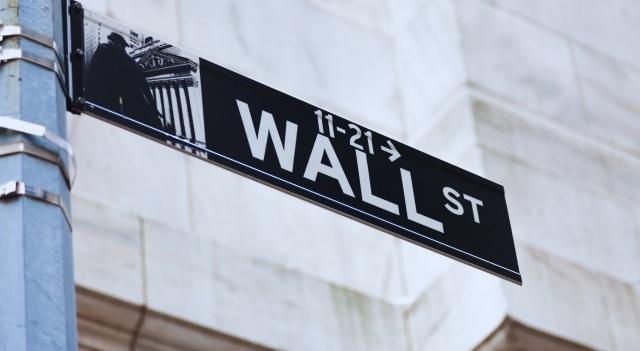U.S. stock futures edged lower early Thursday as traders weighed a combination of corporate earnings, legal developments, and central bank decisions. The Supreme Court’s questioning of the White House’s tariff authority, a crucial Tesla (NASDAQ:TSLA) shareholder vote on Elon Musk’s $1 trillion compensation plan, and Qualcomm’s warning of a potential business loss all contributed to a cautious mood.
Futures Turn Lower After Tech-Driven Rebound
Following a rebound on Wednesday, U.S. futures traded slightly weaker as investors assessed whether elevated equity valuations could hold. By 02:27 ET, Dow futures slipped 42 points (0.1%), S&P 500 futures dipped 7 points (0.1%), and Nasdaq 100 futures dropped 47 points (0.2%).
Wednesday’s rally was led by mega-cap tech names, which helped ease recent concerns about overvaluation in AI-related sectors. Sentiment also improved on signs of ongoing economic strength in October, even as the prolonged government shutdown continued to stall official data releases.
Reports suggested that lawmakers might finalize a deal to end the shutdown by the weekend. However, Transportation Secretary Sean Duffy warned that “air travel capacity at 40 major American airports will be reduced by 10% from Friday” if it continues.
Supreme Court Questions Trump’s Tariff Powers
Investors also focused on the U.S. Supreme Court, where several conservative justices voiced skepticism about former President Donald Trump’s reliance on the 1977 International Emergency Economic Powers Act (IEEPA) to justify sweeping tariffs.
The case, now before the high court after lower courts ruled that Trump had overstepped his authority, could determine the limits of executive economic power. The court’s 6–3 conservative majority—including three Trump appointees—has often backed executive expansion, making the sharp questioning from Chief Justice John Roberts unexpected.
Roberts argued that “the tariffs represented a tax on Americans” and reminded that “that has always been the core power of Congress.”
Prediction markets trimmed expectations that the tariffs will stand, while analysts at Vital Knowledge warned that overturning them could create fresh uncertainty for investors. Meanwhile, Trump’s team has hinted it may pursue alternative legal strategies to sustain trade measures if necessary.
Qualcomm Slides on Samsung Concerns
Shares of Qualcomm (NASDAQ:QCOM) fell more than 3% in after-hours trading after the chipmaker cautioned that it could lose part of its business from Samsung Electronics next year.
Although quarterly sales and profits topped Wall Street estimates—driven by demand for premium smartphones—the company signaled that Samsung may scale back its use of Qualcomm chips in future Galaxy models. Reuters quoted CEO Cristiano Amon as saying the company is “preparing for the chips to make up a lower share” in Samsung’s next-generation devices.
In related news, chip designer Arm Holdings (NASDAQ:ARM) delivered an upbeat quarterly outlook, supported by strong AI-related demand. Shares of the U.K.-based group rose in extended trading.
Tesla’s $1 Trillion Compensation Vote in Focus
Tesla shareholders are voting Thursday on a record $1 trillion compensation plan for CEO Elon Musk, a proposal that has split investors.
Earlier this week, Norway’s sovereign wealth fund—the world’s largest—confirmed that it would vote against the plan. Norges Bank Investment Management, which manages $1.9 trillion in assets, said that while it “appreciate[s] the significant value created under Mr. Musk’s visionary role,” it remains “concerned about the total size of the award, dilution, and lack of mitigation of key person risk.”
Tesla’s board warned that rejecting the package could risk Musk leaving the company, potentially weighing on the stock’s valuation.
Markets Await Bank of England Decision
Attention also turns to the Bank of England’s upcoming policy announcement, where expectations are mixed. Most economists anticipate no change to the benchmark rate, which currently stands at 4.0%, though markets still assign about a one-in-three chance of a 25-basis-point cut.
Keeping rates steady would mark a pause in the easing cycle that began in 2024, yet softer inflation and wage data have prompted speculation of a possible adjustment.
Since August last year, the BoE has lowered rates every three months. However, Governor Andrew Bailey recently cautioned that the policy outlook is now “more uncertain.”
